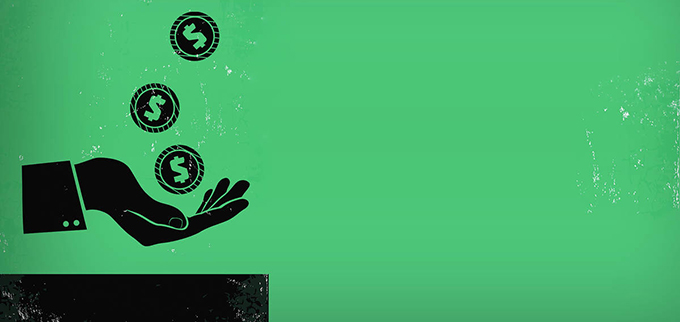
Think about the thing you enjoy most – how information about it sticks in your brain with little to no effort, how you can always find time for it, how you love to talk about it with others. It’s possible to make the most of time very easily when we’re doing something we enjoy very much. But when it comes to doing activities we don’t enjoy as much, we can’t ever seem to find the time.
It’s important to look at this problem in the face when trying to establish new good habits. One of the most important places the average person could do some learning of new habits is in the realm of personal finance. Most people aren’t doing exceptionally well when it comes to managing their own money, but this doesn’t mean that they couldn’t.
The problem, for many, is that they just don’t know how. Once you begin to understand just how it works for people who are good with money, it’s easier to make these changes in your own life. Fortunately, you can implement these changes with just a few minutes’ effort every day. Here’s how.
Step 1: Learn. You don’t have to go back to school to learn how to manage your money. You don’t have to buy an expensive course or video series. You can pretty much learn anything you need to know about money with the top finance blogs. Choose your blogs carefully and read them regularly. Most blog posts are small, not more than can be read in ten minutes. If you fill your mind with these concepts, little by little every day, you will get a real education in personal finance before you know it. Make sure to read blogs from different sources, so your education is well rounded.
Step 2: Pay Attention. When our money is out of control, we tend to want to avoid looking at our bank accounts. Perhaps we do this because we subconsciously think that if we don’t see a problem it might go away on its own. This is almost never true when it comes to money. The best thing to do when your finances aren’t working is to pay close attention to your bank accounts and investment accounts. Even if you use an automated investment service like Betterment investing, it pays to know what’s going on in the day to day. This way, if you start spending or using credit unwisely, you can notice it before it gets out of control.
Step 3: Look At Your Budget. A good budget is essential for good personal money management, but it’s no use if you don’t keep up with it. Take a look at your budget every day and figure out how your actual spending and saving conforms with it. It can be painful to see how different your actual behavior is from the goals you set for yourself in a budget, but by accepting the discomfort and embarrassment at a job not-so-well-done, you’ll put yourself on a road to doing much better tomorrow. Do this everyday and you will acquire new habits of financial discipline and awareness.
There are, of course, many smaller behaviors which are built into these three categories. Some of these include investing, reducing debt, creating an emergency fund, etc. But those are part of the big picture. By looking at the small picture as we have above, the thoughts and mindsets you’ll have to adopt to be successful, you’ll understand the journey moving forward, and the simple actions that you can do in just a few minutes a day to make it every step of the way.
